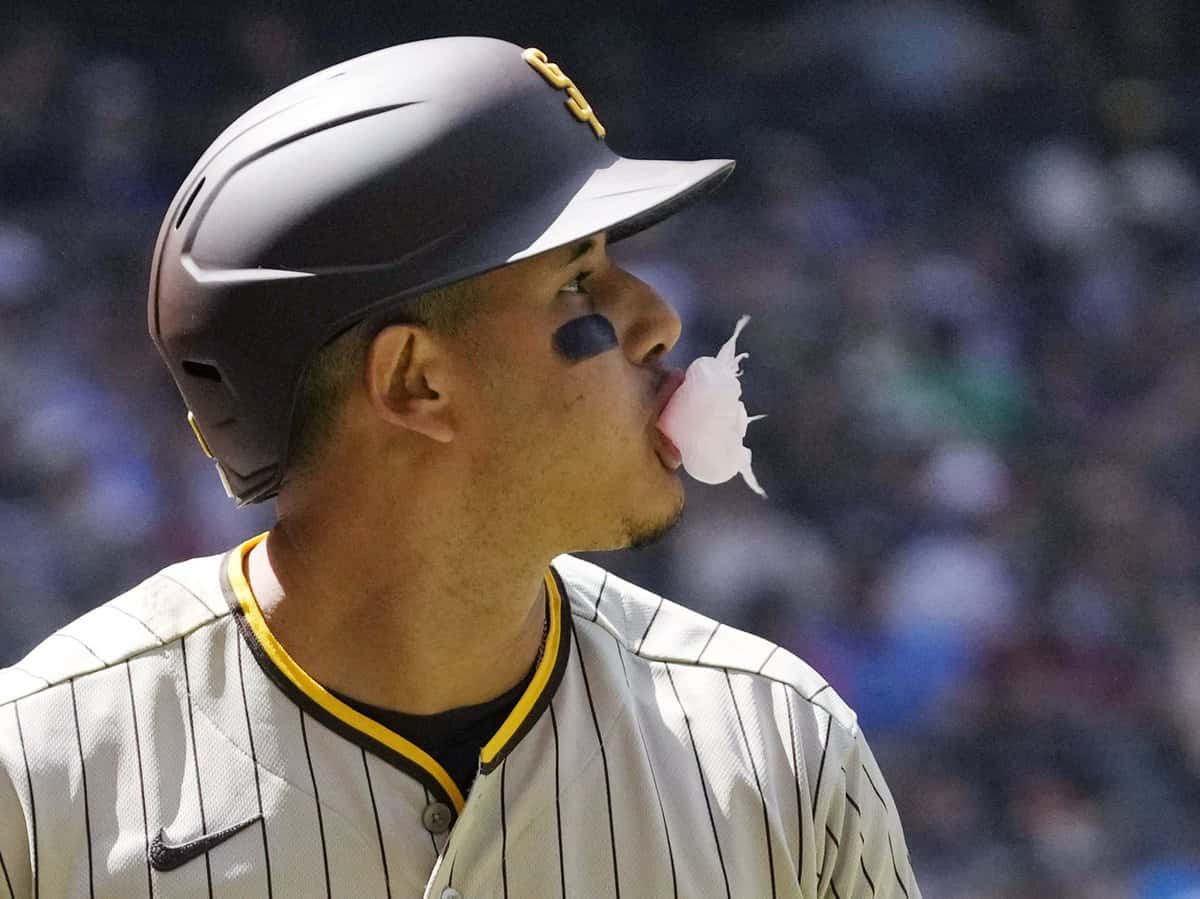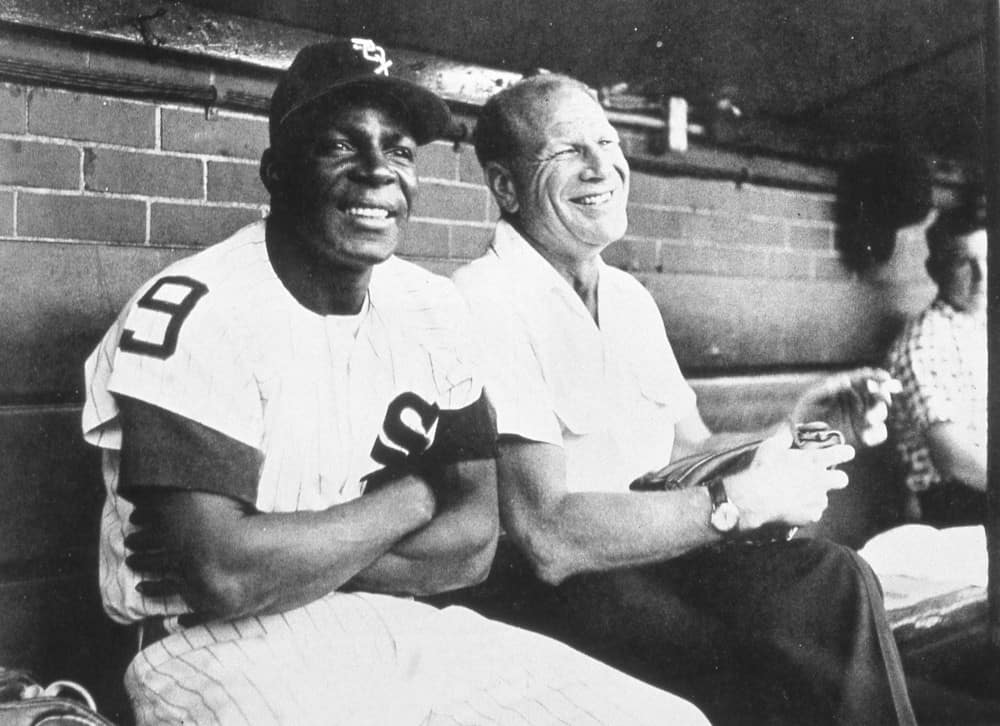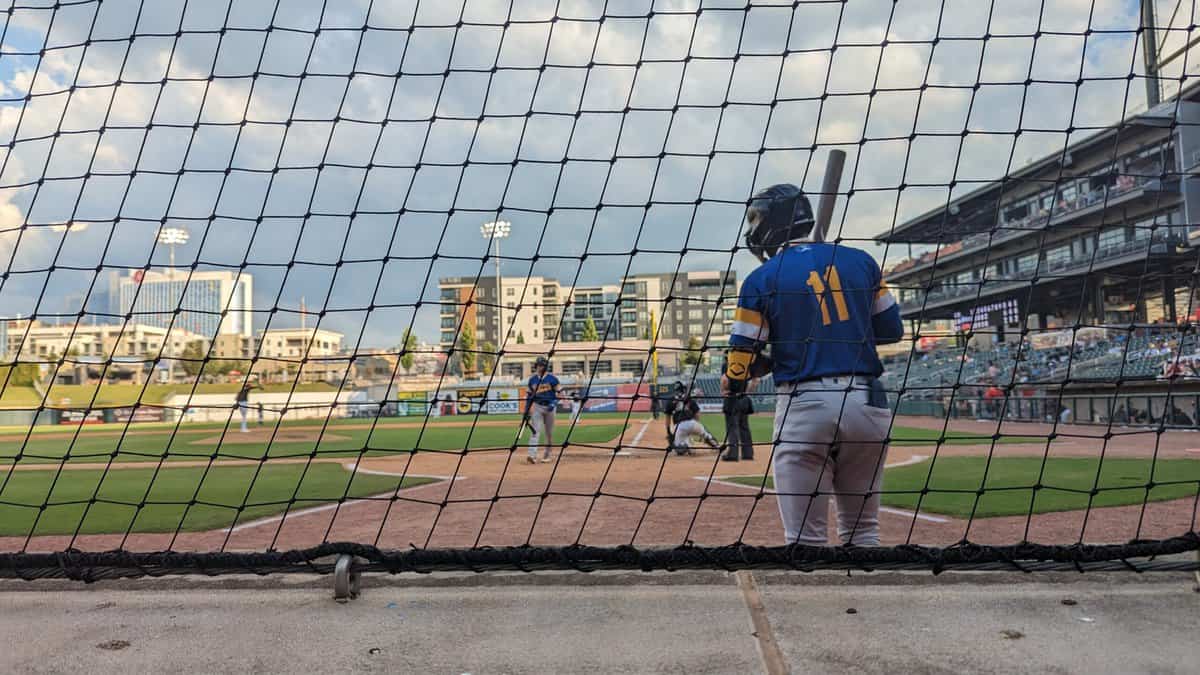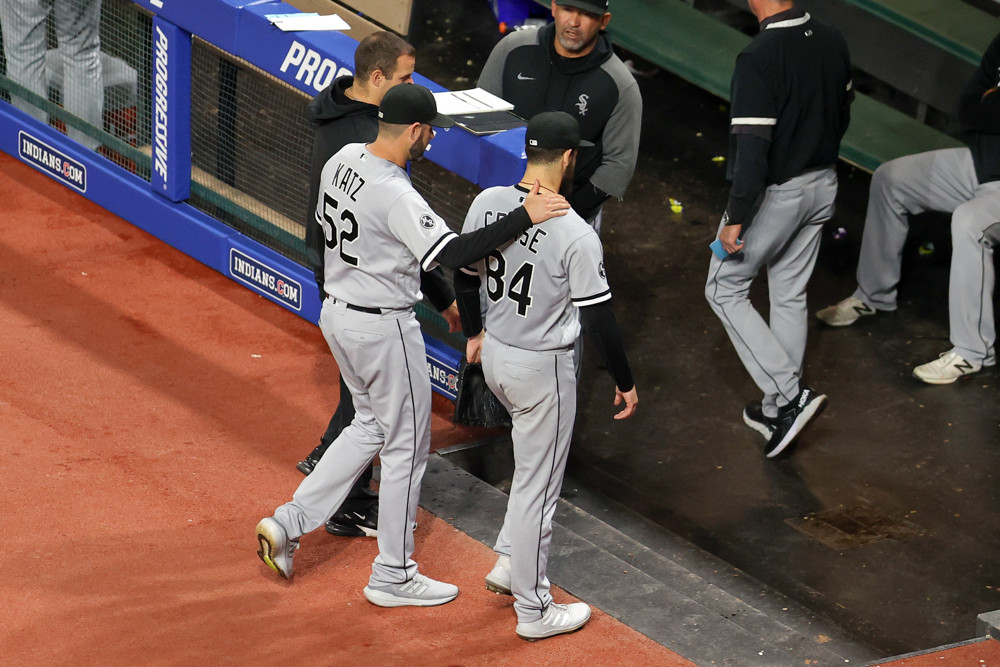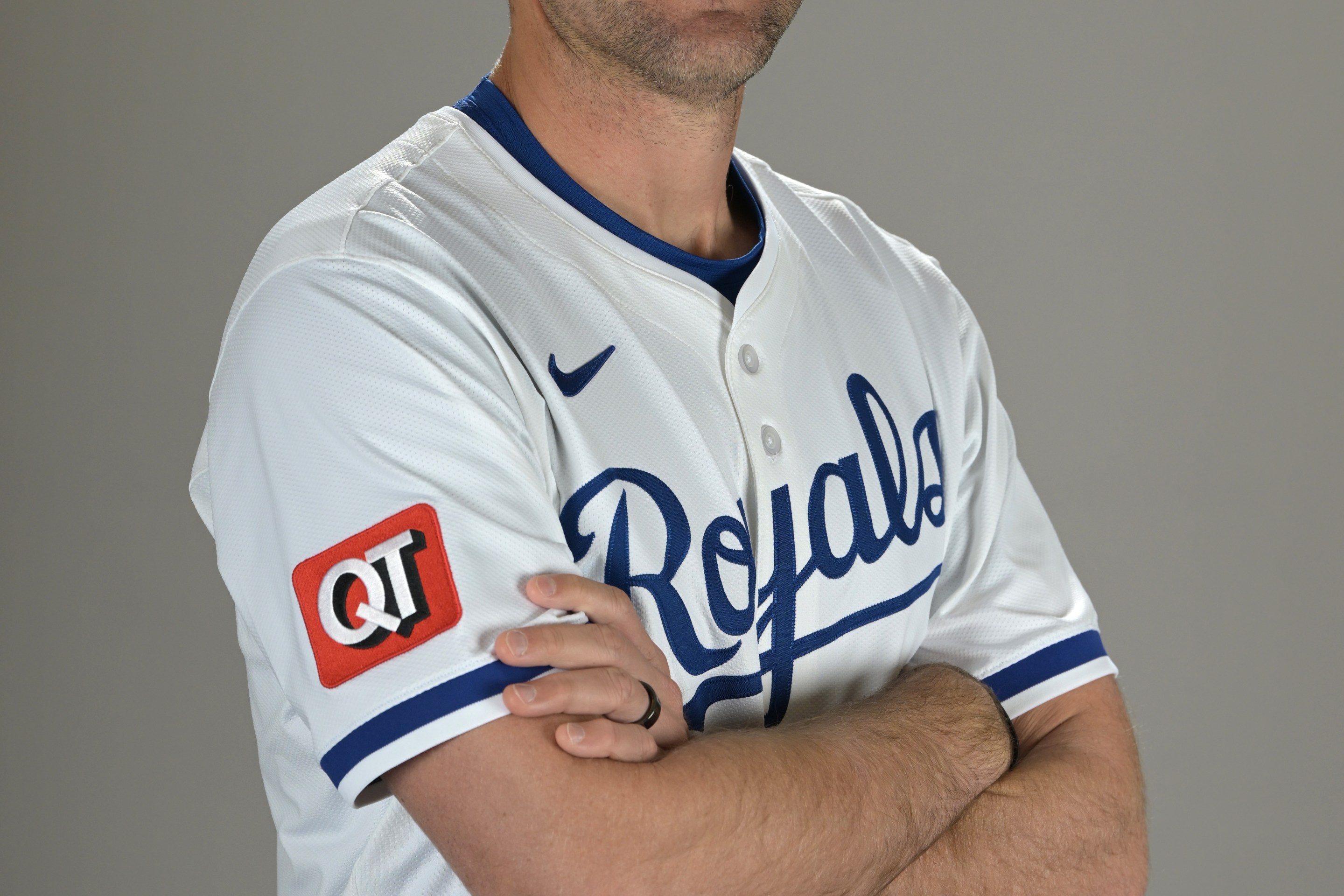Opt-outs always favor the player, but sometimes the outcome isn't zero-sum.
Back in 2019 when the White Sox succeeded in their goal of finishing in second place for Manny Machado, their reported offer was eight years and $250 million, with a pair of club options that could've vested for $35 million apiece, bringing the full total of the contract to $320 million. The White Sox also weren't willing to give him an opt-out clause.
Machado instead took the Padres' offer, which was a straightforward 10 years and $300 million, with one opt-out after the fifth year. While the White Sox dangled the possibility of paying him more money, it effectively made Machado bet $50 million for the chance to win $70 million, and those odds usually aren't worth the time.
Also, now that Machado sounds excited to opt out of his deal after the season, the White Sox's final offer looks even shoddier.
“So far this year, I’m a Padre, but who knows after next year,” he said. “The team knows where I stand in my situation and with the opt-out coming, and I think I’ve expressed that I will be opting out after this year. But I think my focus is not about 2024. I think my focus is about 2023, what I can do for this ball club, what I’ve done for this organization and what we’re going to continue to do here. I think we got something special here brewing, and I don’t think anything’s going to change.” [...]
“That’s a lot of money out there,” said Machado, who could join Shohei Ohtani at the top of the next free-agent class. “You know, some of these owners are making a lot of money, and we’re bringing a lot of money, too (as players). We’re having fun out there, we’re having a good time and we’re filling up the seats. So, I mean, it’s all business. And these are things that happen. Markets (have changed) from when I signed five years ago. It’s changed tremendously. So things change and evolve, and as a player who’s about to opt out, it’s a pretty good seat.”
Man plans and God laughs, so maybe Machado ruptures an Achilles in May and has to accept the remainder of his deal. Opt-outs are considered a boon for the player and a doggle for the club because it usually takes bad news for a player to hang around, Nolan Arenado excepted.
But in a situation where Machado follows up well enough on last year's second-place MVP season to make a five-year, $150 million contract easy to trump next winter, you realize that the opt-out could also benefit a team of a certain mindset.
You know, like the White Sox, who were so committed to making Machado bet $50 million to make $70 million that they missed out on their own wagering opportunity. They were so terrified of going eight to 10 years on a premium free agent that they might've missed out on an opportunity to only pay him for five.
Jerry Reinsdorf probably wouldn't have minded only giving Machado five years and $150 million and Machado might end up making something like 12 years and $370 million when combining his present and future deals. As long as the White Sox lined up some internal depth for the position -- which they have right now with Colson Montgomery and Bryan Ramos -- everybody could have awaited the opt-out deadline with equal anticipation.
Instead, they pursued Machado the only way they knew how, and ended up paying Jon Jay and Yonder Alonso $12 million for -2 WAR. The White Sox think small and aim low, and then somehow get results that are even smaller and lower.
Mike Clevinger chooses combat
Speaking of small and low, Mike Clevinger's attempt to stay above the fray lasted two days.
You can say what you will about his spring training introduction on Wednesday (and we all did), but he mostly avoided making matters worse. He adhered to referring to the advice of his lawyers and saying the evidence would clear his name when the investigation came to a close. If you expected him to adjust his comportment to properly reflect the disturbing nature of the domestic violence/child abuse allegations, then you were probably asking too much.
But as I mentioned in Thursday's post about it all, there's a reason why the White Sox have to weigh character concerns and track records more thoroughly than they did in 2005. It's easier for the accuser's side to be heard, and we heard plenty when Olivia Finestead when on 670 The Score for 25 minutes and laid out her case against him.
Finestead's accusations were disturbing, but they mostly covered the details she'd previously shared on her Instagram account and the Athletic article that broke the news. The Score appearance provided a new medium and a new audience more than anything. After Wednesday, both had given their sides, and Clevinger could've maintained the stance that the investigation will prove her claims meritless.
Instead, Clevinger scolded The Score and threatened legal action. From Steve Greenberg of the Sun-Times:
‘‘It’s the world we’re living in,’’ he said. ‘‘Everyone wants the clicks. It doesn’t matter what the real truth is. Everyone will stop and look at the car crash, but no one’s going to stop and smell the flowers. That’s how the world is. But that was really trashy of them. That was some lowlife material right there.’’
Clevinger warned of potential litigation against the station in response.
‘‘My lawyers are paying attention,’’ he said. ‘‘My lawyers are getting in contact with them, and they probably already sent a cease-and-desist for defamation. So [The Score] just got themselves involved in this, too, so good for them.’’
Everything I know about defamation cases suggests that Clevinger's side should want nothing to do with the discovery process, so I'm guessing it's an empty threat.
Greenberg went on to point out Clevinger's own unreliable narration:
On Wednesday — after Sox general manager Rick Hahn defended the team’s signing of Clevinger in December, saying it was unaware of MLB’s investigation — Clevinger claimed not to have known the seven-month-long investigation was ongoing. Two days later, however, he said he has been cooperating with MLB throughout it.
‘‘I trust the process,’’ he said. ‘‘I trust the commissioner’s office. I’ve turned over everything for seven months. I’ve had my phone [inspected] twice. I’m an open book. I think justice will be served.’’
Again, the White Sox could've avoided all this if they weren't so limited in vision. They settled for Clevinger because, euphemistically, he "had something to prove." Little did they know -- or care -- that his own innocence topped that list.
